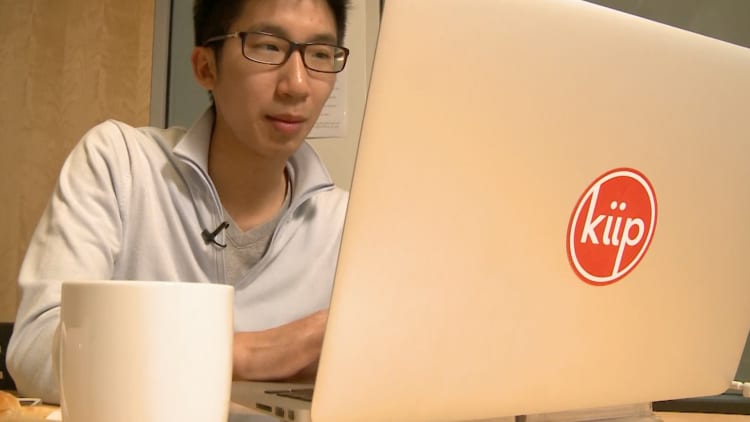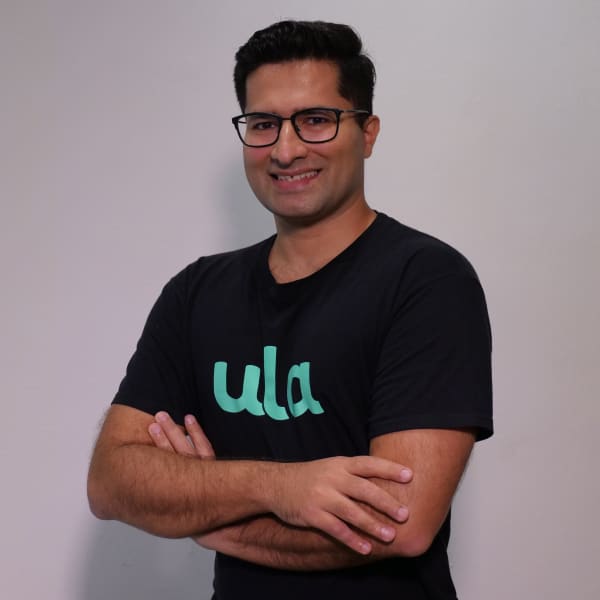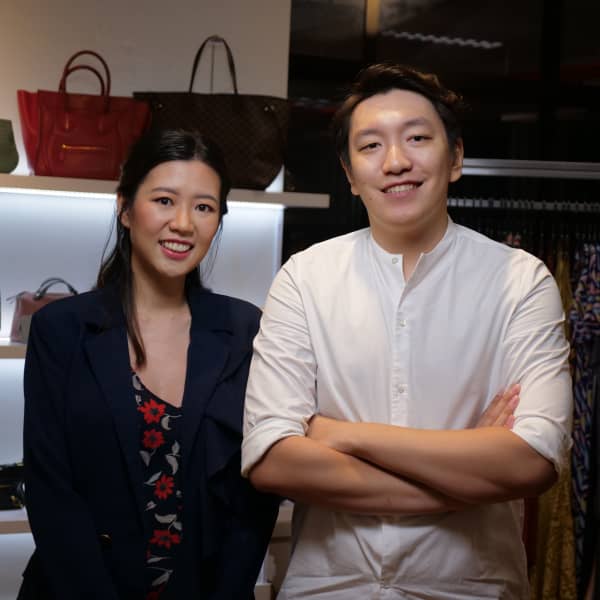We could all learn a few things from Brian Wong.
He skipped four grades in school and graduated from college at age 18. One year later, Wong became one of the youngest entrepreneurs to receive venture capital funding. The now-25-year-old used that funding to build a profitable start-up called Kiip, where he serves as CEO.
Me, on the other hand — well last week, I spent 20 minutes looking for a mug in my office pantry. Oh, and today, I noticed my Slack account was set to the wrong time zone.
While I'm not going to be a 25-year-old CEO (that ship has sailed), I want to upgrade my lifestyle and my career like Wong did. So I gave him a call to discuss his new book, "The Cheat Code," in which he shares over 70 "cheats" to getting more out of your career and life.
After speaking with him, I decided to give a few of them a try. Here's what happened:
1. Take time to tune out
One of Wong's most helpful career tips involves making sure your work doesn't overwhelm you.
The CEO recommends taking a break from the constant stream of emails, texts and social media posts coming your way — to the extent that you can, of course.
That's no small task for most professionals. As a journalist, I'm supposed to be hyper-aware of what's going on in my beat and in touch with multiple people on different stories.
"This information overload is causing short-term memory loss, higher stress and worse health," he says. "Stop trying to be in touch with everybody all the time."
I took his advice and made a few small adjustments. I took my smartphone off my desk and put it in a drawer. What's more, I set all notifications to silent, with the exception of calls from family members (on the iPhone, under Settings, you can choose "do not disturb").
Instantly, I forgot about my phone and all of its notifications.
If I wanted to check my phone, I would do so only when in the pantry, getting more water or tea. I was more inclined to respond to messages quickly and efficiently, then return to my desk.
I also made a point of responding to Slack messages only after I'd finished writing the sentence I was working on. Normally, I would have been interrupted about five times while writing the past three lines. Instead, I gave myself 10, 30 or even 45 seconds to respond, as opposed to instantly. It may seem like a small change, but it gave my brain time to switch gears.
These two changes gave me an incredible feeling of control over my time. Instead of being pulled in a million directions, I could concentrate on one task and then move on.
2. Go to museums
Like many professionals, come the weekend, I'm often tempted to sit in bed and relax for the morning and early afternoon.
But according to Wong, I'm missing out on a great opportunity to get inspired, learn something new and have something interesting to talk about by taking that time to visit a museum. The young CEO says visiting museums is his favorite recreational activity because it helps him think creatively and learn from history.
"Museums are one of the greatest cheats of humankind," he writes in "The Cheat Code." "They're specifically designed to cut to the core of greatness."
So I took his advice and went to The Morgan Museum in Manhattan.
The beautiful collection of books started as the private library of famed financier John Pierpont Morgan. I saw the original manuscript of "A Narrative of the Life of Fredrick Douglass," and scores from Chopin.
These incredible works that have been reproduced thousands of times, I realized, started out as mere notes on paper. I felt inspired — maybe one day, one of my ideas could have large-scale impact. I was also reminded that I should keep reading, a hobby that Warren Buffett says helps him succeed.
3. Get out more
These is no substitute for meeting people and gaining new experiences, Wong says. Sometimes, an interesting experience or meeting the right person can inspire your next career move.
"It's easier, of course, to stay in the comfort of your own cocoon," he writes. "But to fully understand the world, you have to get out and be in the world."
So I decided to get out of my cocoon and open myself up to new opportunities. I went to see "Moonlight" with a group of 15 filmmakers and photographers. I only knew one person from the group and I couldn't keep up with some of their film references; I was clearly a bit of an outsider.
But I learned so much from them about storytelling, which is a big part of what I do as a writer.
Another weekend, I met up with a group of people that I knew through a friend. Again, it was a bit uncomfortable at first, but I struck up a conversation with a software engineer and found a story idea from what he said. While in the public restroom, of all places, I met another journalist and exchanged cards.
Wong's three unconventional tips didn't change the fact that I still struggle to find the will to bring my own coffee mug to work, but they did help me boost my productivity, think more creatively and meet new people.
I'm no CEO (yet — hey, Wong says to think big!), but I feel more inspired and confident.
Check out the career-killing mistake Wong says many young professionals make






